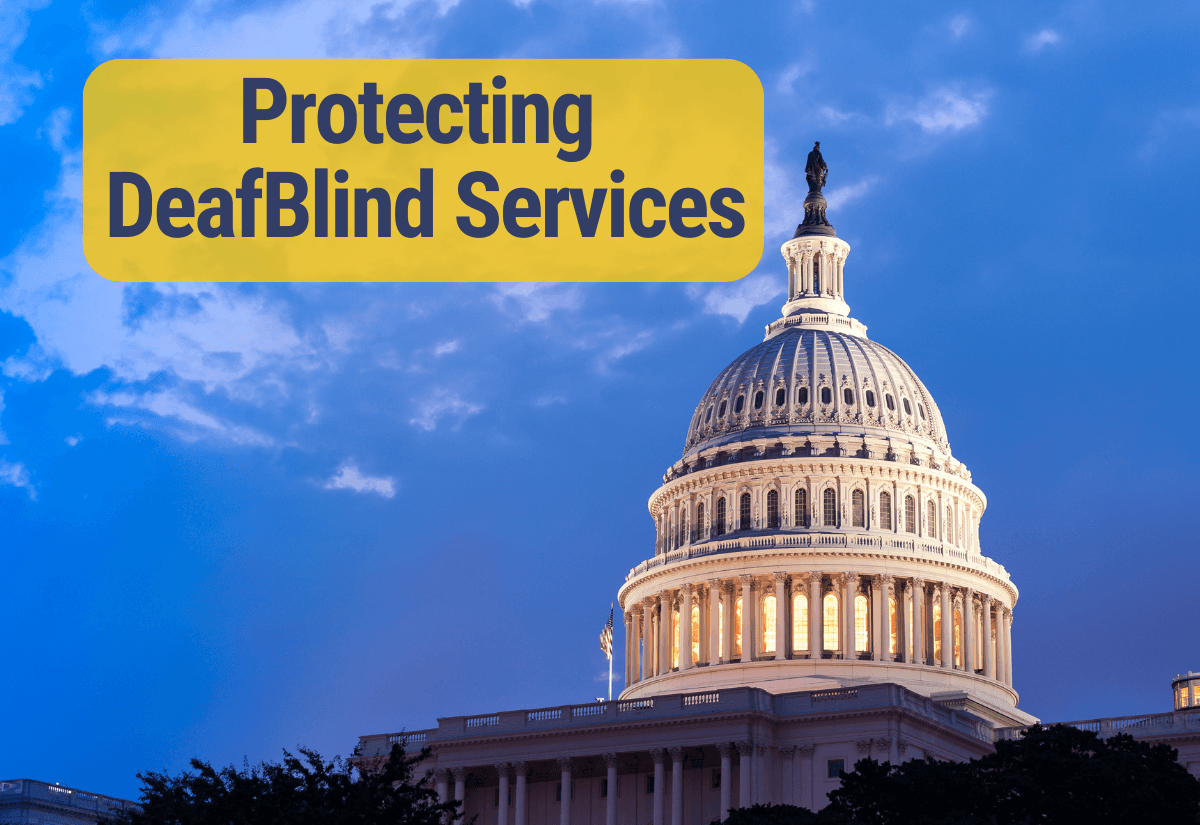
On behalf of the Usher Syndrome Coalition, I write to share our unwavering support for the four State DeafBlind Projects recently notified of funding non-continuation: Washington, Oregon, Wisconsin, and the New England Consortium (serving Massachusetts, Connecticut, Maine, New Hampshire, and Vermont). We strongly urge that funding for these programs be restored and continued.
The Usher Syndrome Coalition connects families, individuals, and professionals worldwide who are impacted by Usher syndrome, the leading genetic cause of combined deafness and blindness. We know firsthand the challenges families face when navigating education, health care, and transition planning for children and adults who are deafblind.
These State DeafBlind Projects play a vital role in ensuring that children with Usher syndrome and other causes of deafblindness receive the supports they need to succeed. Across eight states, these programs:
- Provide accurate identification and child count data, ensuring children are recognized and not overlooked.
- Offer technical assistance and training so that educators and teams can effectively support students who are deafblind.
- Guide families through early intervention, Individualized Education Plans (IEPs), and the often complex transitions from school to adult life.
- Connect families to national resources, including our Coalition, reducing isolation and building networks of support.
We hear from families across the country who tell us how essential their state DeafBlind Projects are. In Washington, Oregon, Wisconsin, and New England, these programs have provided the communication access, educational opportunities, and sense of belonging that children who are deafblind from Usher syndrome and other etiologies need and deserve.
The proposed elimination of these four projects, combined with simultaneous cuts to braille preparation programs and interpreter training programs, would be devastating to children who are deafblind and to their families. It would also dismantle a critical workforce pipeline needed to support them.
State DeafBlind Projects represent decades of work ensuring that children with the most complex needs are not forgotten. We urge you to continue funding these programs so that children who are deafblind across these eight states have the opportunity to thrive and become productive and contributing members of society.
Sincerely,
Krista Vasi
Executive Director
Usher Syndrome Coalition







